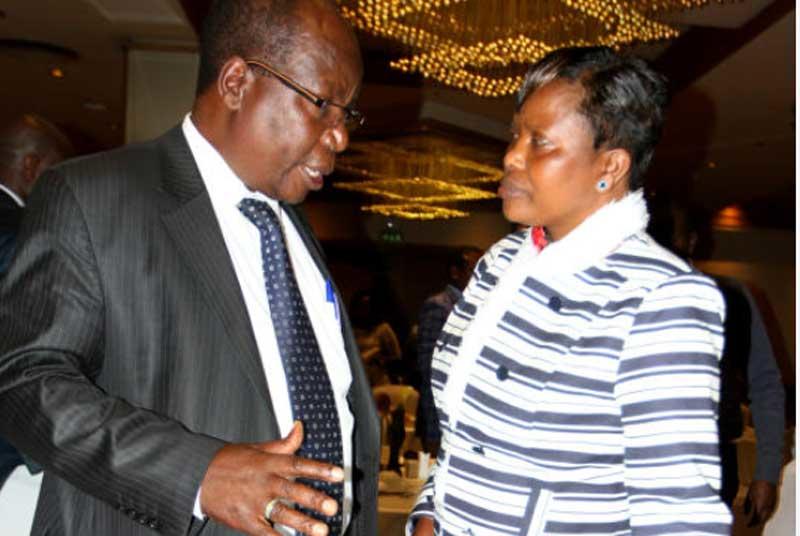×
The Standard e-Paper
Smart Minds Choose Us

Kenya National Qualification Authority Chairman Prof. Bonaventure Kerre and Principal Secretary State Department of Vocational Training Ministry of Education Dinah Mwinzi